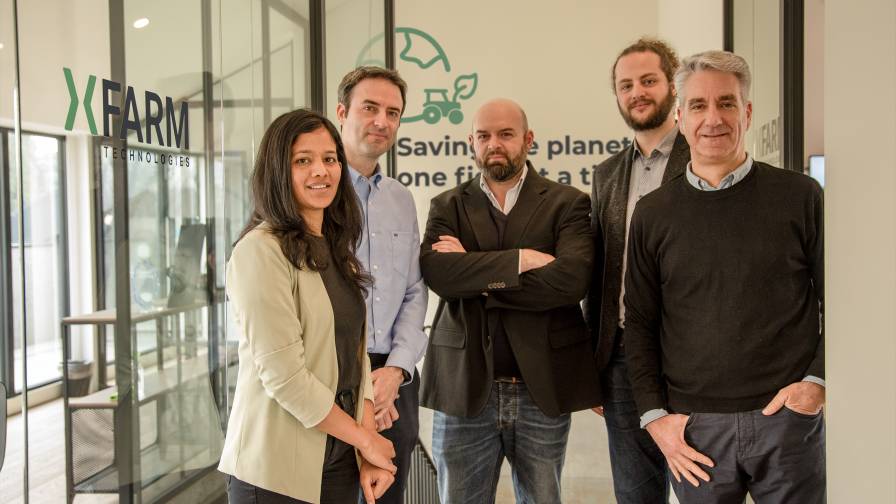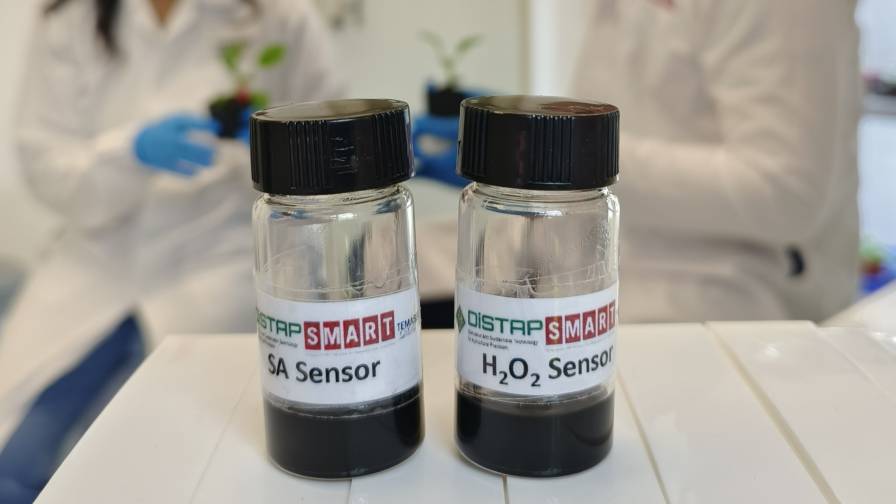Global Food Security Highly Dependent On Agtech
The latest Global Food Security Index from Economist Impact reveals another year of deteriorating conditions made worse by climbing food prices and hunger, writes Lara Sowinski at CropLife.
While the pandemic and high commodity prices were obviously a hard hit during the 2020-22 period, the lack of resilience and sheer fragility of the world’s food system is very troubling.
Equally distressing is the U.S.’ fall from ninth to 13th place in the ranking of 113 countries.
What’s happening? According to the report, it’s a combination of trade, supply chain, and agricultural production volatility, along with increased scarcity of natural resources and economic inequality.
MORE BY CROPLIFE
2024 Annual CropLife Ag Tech Awards of Excellence — Nominations Are Now Open
The Urgency of Rapid and Accurate In-Field Testing to Tackle Crop Diseases
Food affordability is also falling, hastened by the pandemic and the Russia-Ukraine war, weakening trade freedom, and an inability to fund food safety nets.
In the U.S. specifically, the biggest weakness is the lack of a food security agency or a food security strategy. Other contributors include insufficient policies and protection of marine biodiversity in oceans, rivers, and lakes, as well as on land. And, lagging performance in agriculture R&D, attributed to inadequate access to agricultural technology, education, and resources.
The mention of agricultural technology really caught my eye. AgFunder’s AgriFoodTech Investment Report showed that venture capital investors funneled nearly $52 billion into this sector in 2021, an 85% increase over 2020. Furthermore, the U.S. is still the biggest market for agrifoodtech venture funding, with U.S.-based start-ups raising 41% of total invested capital and making up 34% of the global deals in 2021.









